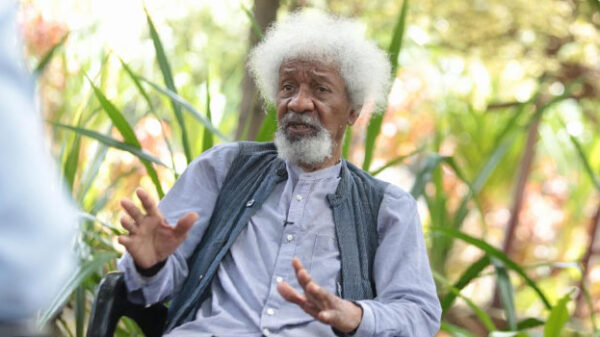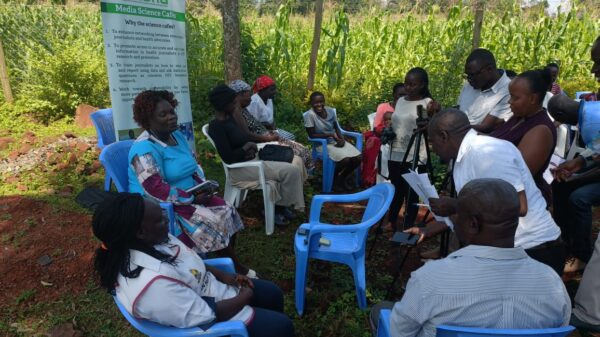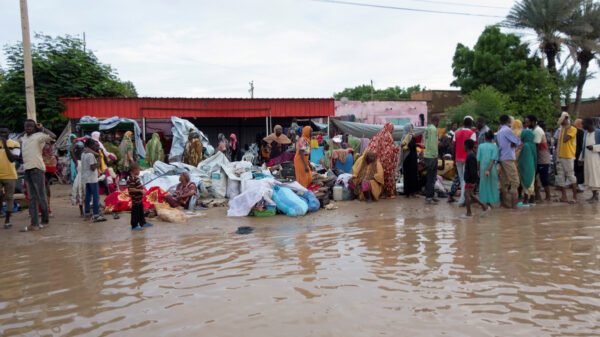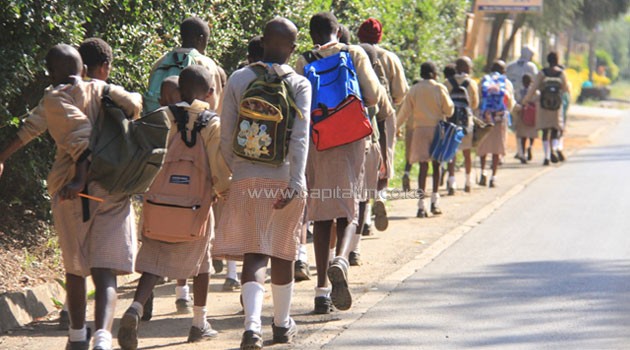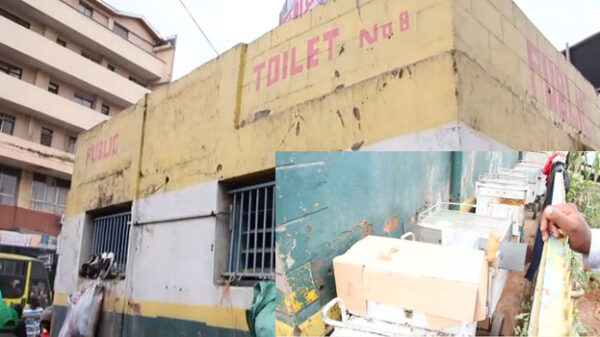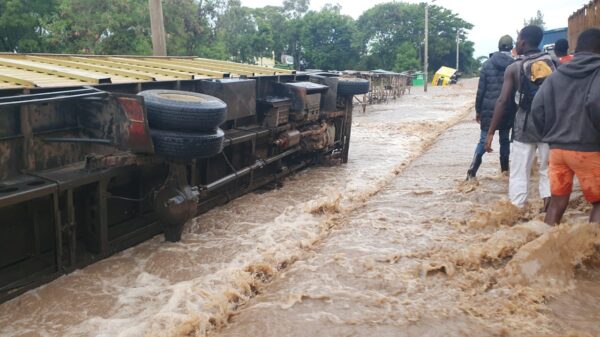NAIROBI, Kenya, Feb 18 – The small village of Sachang’wan in Molo recently shot to the limelight locally and internationally for all the wrong reasons.
It was on a stretch of road near this village that more than one hundred people died on January 31, after attempts to siphon fuel off an overturned tanker went awry.
Besides that horrendous incident, the seven-kilometre stretch of road has witnessed countless lorry accidents in the recent past. Just days after the exploded-tanker accident, two fuel trucks overturned not very far from the scene.
But what exactly is the problem in this small, poor village? Why do accidents keep occurring on a seven-kilometer stretch that has no sharp bends often associated with black spots?
“May be it is brought by bad spirits of our ancestors who may be out to punish us for deeds we do not know,” Chesimet Kiror, 65, said.
He, too, is at a loss as to why strange scenarios have become the order of the day in the locality.
He tells us that the area was among the worst hit by post election violence in 2008, accounting for a high number of casualties reported in Molo.
“Many people were killed here; some were burnt and dozens others speared. There was a lot of blood spilled after the 2007 General elections,” he says, his eyes glued to partially burnt clothes left behind by the fire victims, many of whom are now dead.
The pieces of clothes are scattered on both sides of the road while others hang from tree branches.
“Even some of these pieces of clothes are a curse to the future generations. We need to perform a lot of cleansing ceremonies,” Mr Kiror adds.
We were told that of the 150 people who were killed in the post election violence in the larger Molo district, nearly 70 or more were residents of Sachang’wan. In the recent tanker tragedy, 133 people were killed.
79 of those burnt beyond recognition were buried in a mass grave less than 100 meters from the scene.
“After the elections, we did not do any form of cleansing ceremonies. We have also not done anything to appease our gods after this tanker accident. Future generations are likely to suffer unless something is done in time,” another elder, Kiprotich Some said.
But he was also quick to justify; “It is not possible to do a cleansing ceremony here because the area is purely cosmopolitan.”
“Communities living here are many and they have different beliefs, it is a challenge to organise such a ceremony,” Mr Some said.
“Worse still, there is this mass grave that accommodated people of different communities which elders initially opposed, saying it went against their traditional beliefs. We just agreed out of compromise; the government insisted it must happen. But we still hold the view that it haunts,” he adds.
The emotional mass burial was held amid tensions, with a section of affected families demanding to have their kin buried at their homes.
Some even said they would accept ashes to take home for burial.
“We come from Kapsabet, our relatives would want to see the grave of our son. What will we tell future generations?” a woman who lost her son in the inferno posed.

